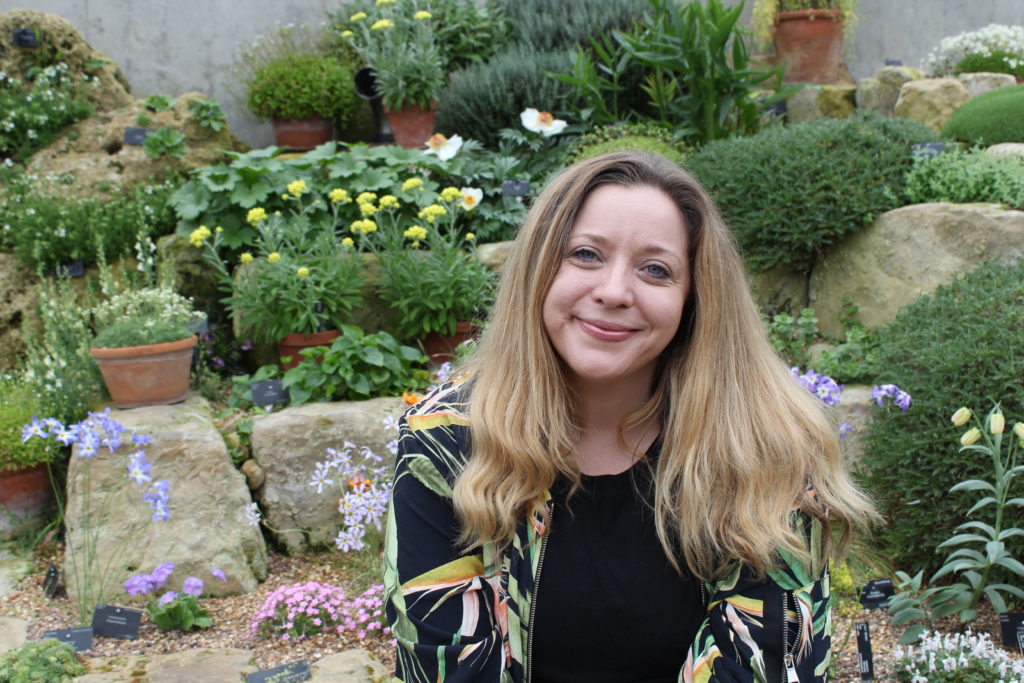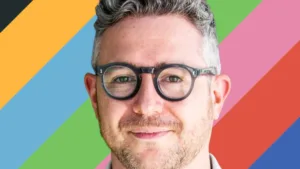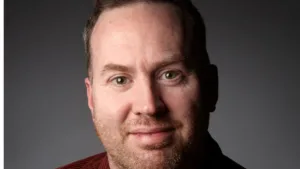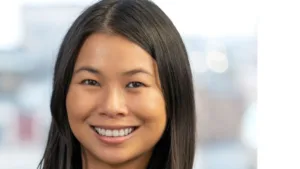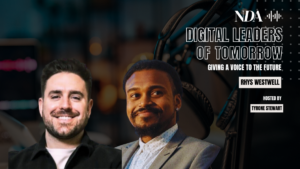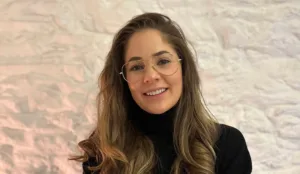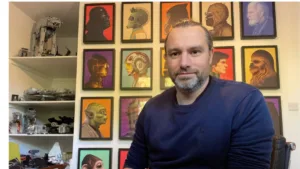The digital industry’s not really about technology, it’s about people. The digital economy is supported by technology but is conceived, created and developed by people, the heroes of digital.
But who are their heroes? Who inspired, supported and taught them along their journey and to become digital heroes?
We want to find out. So, we’re asking some of our industry’s leading figures to nominate their digital hero and to explain what’s so special about them.
The inspirational Amy Kean is a digital legend. Global head of strategic innovation for Starcom, she recently released her first book, The Little Girl Who Gave Zero Fucks.
Who is your digital hero?
There’s some real goodies in the digital industry but Anjali Ramachandran stands out, and has been a hero of mine for years. I’ve never told her she’s my digital hero so this should come as a nice surprise.
We met about five years ago — were both heads of innovation for media agencies — and often shared a stage at conferences. You can tell immediately that Anjali has a vision. The way she thinks, articulates her thoughts, her positive energy, the industry-leading initiatives she’s founded… she’s miles ahead of the rest of us; all we can do is try and keep up.
What have they done to win hero status in your eyes
She’s done a lot of impressive stuff and currently makes content for Bill Gates (no biggie) but back in 2013 Anjali co-founded Ada’s List — an organisation geared towards inclusivity in the tech industry. Holy fuck, was it needed.
Ada’s List is a community of digital strategists, scientists, designers, physicists, mathematicians, makers, journalists, developers, service designers, sci-fi authors, tech journalists and online campaigners who identify as women and want to see the tech industry be better. It’s geared towards structural change, combatting inherent bias and working towards diversity in recruitment and opportunity.
You can’t just dabble in diversity: write some articles, do a panel session and hire a few more black people, job done. It’s a long-term commitment and sometimes involves uncomfortable realisations and admissions.
More than anything it involves working with people you may not normally lean towards and listening to them. I wholeheartedly respect anyone who makes a commitment to listening and trying to fix things that are broken.
Ada’s List was launched on Ada Lovelace day, 2013, and was established before ‘diversity’ was considered ‘on trend’ in digital. It was a list of women before lists of women became exploitative clickbait. It was an inclusive list of women (anyone can join) created for revolution, not self-promotion.
Ada’s List is serious, and so is the work they’ve done: especially their recent focus on getting women over the ancient age of 35 into tech.
Has their heroism helped drive digital?
Let’s be honest: women in our industry have always had to work harder to be as successful as white, middle class men. We get paid less, for a start. We have to shout louder. Prove ourselves more. Be more likeable. Less controversial.
We’re expected to be serious to be taken seriously. But these days, I’m surrounded by females who shun those clichéd archaic norms, instead just working their arses off and staying true to themselves, and this inspires me every day.
Anjali seems to be the hardest working person (woman) I know. She’s relentless. Her promotion of women in STEM is admirable and her recent The Story conference – focused on a return to creativity in digital — is a far more important discussion than the rise of bitcoin or blockchain.
Her unwavering support of others is pure fantastic. Any young woman of any background in the industry can look up to Anjali and think: yep, she’s cool. She’s inclusive and approachable. I can totally do this. I can do this with humility, without arrogance, and I can make a real difference.
I can be successful and still be a nice person. I can be successful without pushing down other women on the way. Dream scenario!
What the biggest challenges in digital we need another hero to solve?
The way we speak, as an industry, is silly. People listen to us talk, and they think we sound silly. The hype, the over-intellectualised yet simultaneously dumb lingo… what does the word ‘engage’ even mean?
People pretending their specialisms are complex by using inaccessible acronyms is the worst. White male messiahs talking in riddles on LinkedIn. A misleading digital language has been created over the years to alienate, intimidate and sell new marketing tactics to overwhelmed brand owners.
One hero, or many, can help change this by calling out bullshit, always, and encouraging us to talk like normal human beings.
None of us are rocket scientists, and I’m not sure even rocket scientists use the amount of bewildering jargon that our industry does. We need language police.
Copywriting Queen Vikki Ross is one hero trying to get the industry to rethink the way we write. She’s doing a brilliant job, but we all need to check our own vocabularies and tendencies to talk shit.
What is your most heroic personal achievement so far in digital?
Using only social media to crowdfund and publish my (relatively) controversial book — The Little Girl Who Gave Zero Fucks — in 20 days, and then turning it into an Amazon number 1 bestseller.
A very personal achievement and some might say a self-congratulatory answer, but everyone needs to blow their own trumpet sometimes. Especially if they want book sales.


